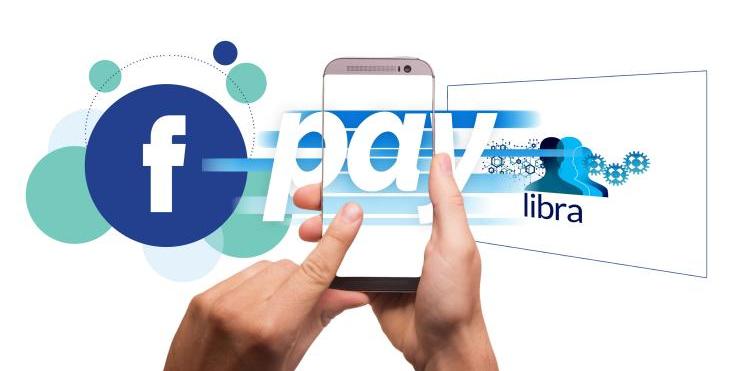
-
Introduction
Welles Partners thinks Facebook’s Libra is a game changer in the cryptocurrency world. This is the second article of a series which explains why.
What is the benefit for Facebook to support such a development and surrender its governance to an association?
Not altruism !
Ceding control of its invention makes Libra worth more for Facebook than keeping it closed. The cryptocurrency may be more widely circulated and more trusted control will make it worth more. And a lot of the regulatory and security concerns will be offloaded to the Association.
Facebook will have one seat in the Association and will have no more rights, no more governance than others. However, at the heart of any cryptocurrency is the digital wallet that let you manage your assets. Facebook has developed the Calibra wallet which will be available as a separate app, but which will also integrate with Messenger and Whatsapp.
Calibra would be more an experience like Venmo, a service offer of Paypal, that lets you make and share payments with friends. Calibra will store your Libras and hold the keys required to access them. In other words, you can lose your password or mobile phone, and yet your money will remain accessible. Doing so will allow Calibra to easily intervene in cases of fraud or disputes.
However having the custody of the keys and the Libras means that Calibra can move money between users’ wallets without relying on the blockchain itself, an ability comparable to Venmo’s, but defeats the transparency of the transactions which is the bed of the trust that should go with any currency. Hence trust is no more based on a public blockchain, a distributed ledger that everyone can crosscheck, but rests on the credibility of Calibra, a spinoff of Facebook which is not very well known for being trustworthy. The only time the blockchain is involved is when users wants to send money outside of Facebook to a wallet or service developed by another company.
As mentioned, with Calibra, Facebook gets its walled garden. It will be able to handle internally things like cross-border payments or remittances between friends and relatives, micropayments within its applications, transactions of Facebook’s marketplace and interact with small businesses by potentially offering them financial services which can be automatically managed through dynamic contracts developed in the new dedicated programming language Move.
Even better for Facebook, if you use the embedded version of Calibra in Messenger or Whatsapp, Facebook will be able to collect data about your interaction with people and businesses. The draft terms of service give Facebook the right to use aggregated Calibra data to facilitate and improve product experience and market Calibra products and services.
In other words, Facebook which already knows more about you than your partner if you have issued 100 likes, now knows you are in bed with your bankers, or that you are about to default on your loans and thus not worthy of receiving a proposal for a new mortgage.
The Libra blockchain brings its own privacy issues. Transactions are public and permanently logged in the blockchain, but pseudonymous. If problems occur, Facebook expects authorities to use tracking services similar to those developed for Bitcoin and Ethereum. While these letter tracking services, like Welles Partners App (Welles™), rely on forensics data outside of the blockchain, everything goes in the Libra blockchain to defeat anonymity.
The Libra runs on a permissioned blockchain. By constraining the blockchain to run on nodes operated by trusted and deep-pocket partners, Facebook divests away from security protocol like “proof-of-work”, and posits that the approach is necessary to scale the network to the billions of potential users.
At launch time, the objective is to handle 1,000 transactions per second, with a 10-second wait for each transaction to complete. In comparison the Bitcoin network handles 7 transactions per second and the Ethereum network 15 transactions per second. While Visa can handle tens of thousands of transactions per second on its network.
The resistance to Libra
Crypto purists would argue that the purpose of blockchains is that they do not need a consortium of gatekeepers. With the core blockchain innovation stripped away, the system looks like a conventional database with many administrators. One may wonder what the other members of the Association are bringing to the table. Paypal, has recently announced it would pull out of the Association altogether. Visa and Mastercard are following suite.
In the next article, we will try to explain the concerns of regulators and central banks.
Stay tuned !
Thang DAO